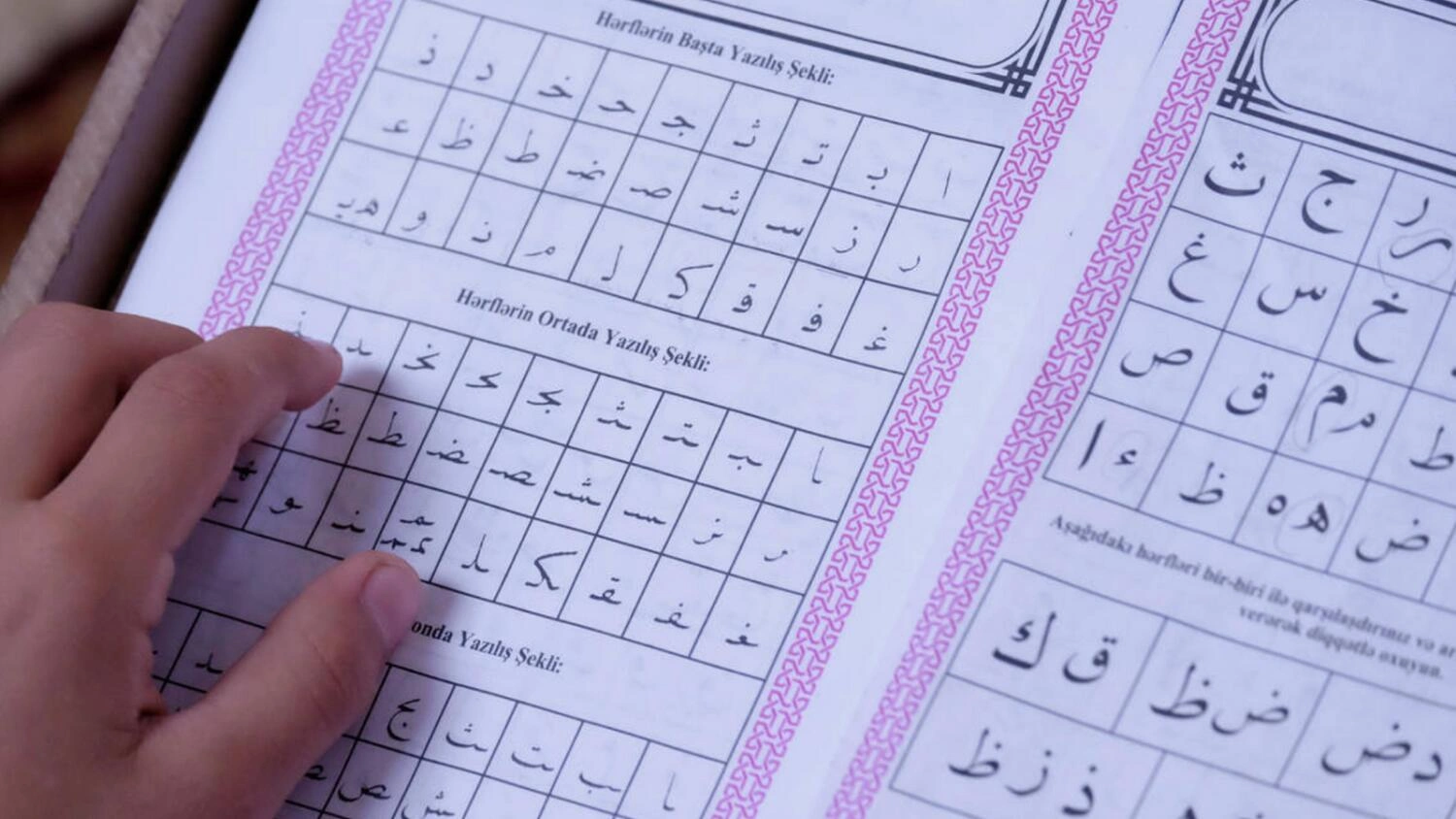Fatima Ahmed, a 21-year-old Syrian graduate, was taken aback when she discovered that many job roles in the UAE require fluency in both Arabic and English.
Having studied in English schools her entire life, Fatima felt unprepared for the bilingual demands of the job market. “I can comfortably speak Arabic, but writing official emails or conducting research in Arabic is a challenge,” she shared. “Arabic is a beautiful yet complex language. I regret not having a stronger foundation in my mother tongue.”
For many Arabic-speaking residents who attended English-only schools, entering a workforce that increasingly values bilingual skills has been a difficult transition. This challenge highlights the growing importance of mastering Arabic alongside English in the UAE’s multicultural job market.
Missed Opportunities Due to Limited Arabic Proficiency
Omar Khalid, a 26-year-old Sudanese engineer, faced similar difficulties when he entered the workforce. Despite excelling in his studies at an international school where English was the primary language, Omar struggled with technical documentation in Arabic. “Many companies expect fluency in Arabic for technical communication, which can be quite complex,” he explained.
Omar’s parents, recognizing his struggles, ensured that his younger siblings received a more balanced education that integrated Arabic into their curriculum. “They wanted my brothers to avoid the challenges I faced, especially in writing Arabic,” he said.
In the healthcare sector, Sara Mohamed, a Lebanese nurse, shared her own experiences. While she communicates well with colleagues in English, explaining medical procedures in Arabic to patients can be difficult. “Patients expect precise communication, especially when they know I’m Lebanese. Explaining basic medical terms in Arabic can sometimes be a struggle,” she said.
The Demand for Bilingualism
The UAE’s workplaces increasingly prefer bilingual candidates, with recruiters emphasizing the value of fluency in both Arabic and English. Awab Khalifa, an HR director in Abu Dhabi’s hospitality industry, explained, “Bilingualism is a significant advantage. Many candidates of Arab origin list only English fluency on their resumes but later reveal they’re more comfortable in English despite being native Arabic speakers.”
In the hospitality sector, where the clientele is diverse, fluency in both languages is often a requirement. “English and Arabic bilingualism helps us better cater to the needs of international tourists while maintaining strong connections with Arabic-speaking guests,” Khalifa added.
Initiatives to Strengthen Arabic Skills
Recognizing these challenges, initiatives are being introduced to reconnect the younger generation with the Arabic language. Recently, Dr. Sheikh Sultan bin Muhammad Al Qasimi, Supreme Council Member and Ruler of Sharjah, directed that Arabic be adopted as the mode of instruction in government nurseries across the emirate.
This step aims to strengthen Arabic skills from an early age, ensuring that future generations are well-equipped to navigate the bilingual demands of the UAE’s job market.








